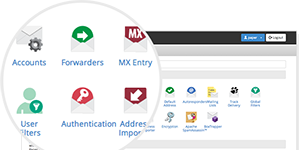Website maintenance services encompass a range of tasks aimed at keeping a website running smoothly and up-to-date. These services typically include updating content, fixing bugs, optimizing performance, ensuring security, and implementing any necessary upgrades or changes to the website. By regularly maintaining a website, businesses can ensure a positive user experience, improve search engine rankings, and protect against security threats.
Diana Host Ltd likely offers website maintenance services to help businesses keep their online presence running smoothly. These services could include tasks such as content updates, bug fixes, performance optimization, security enhancements, and implementing website upgrades. By availing themselves of these services, businesses can ensure their websites remain secure, up-to-date, and provide a positive user experience to visitors.



Subscribe to our mailing list to get instant discount code, don’t worry we hate SPAM!